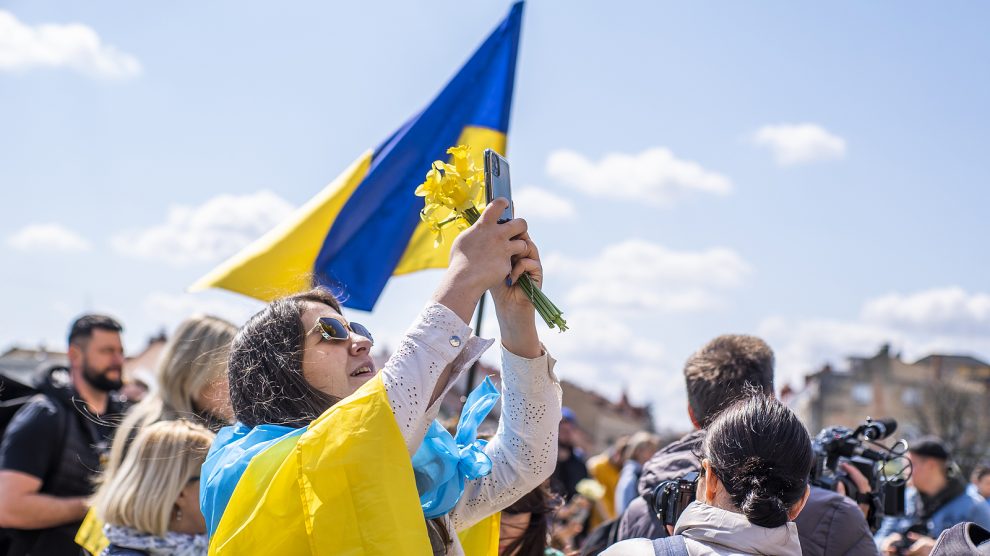Our weekly digest of articles about emerging Europe published elsewhere over the past few days, all of which caught our eye and all of which are well worth your time.
This week, we have again selected some of the best writing about Russia’s invasion of Ukraine, particularly how it impacts the rest of the region. As always, inclusion of an article here does not mean that agree with each and every word, nor that it reflects our editorial stance.
What would victory actually mean now for Ukraine – and for Europe?
Any ending must be decisive – a long-term simmering conflict would be the same as a defeat for the Ukrainian people.
How the world’s dictators are rewriting the past in order to control the future
Authoritarian leaders in Russia, China and North Korea are using distorted historical narratives to justify wars and control citizens.
It’s not the West that is escalating this war
Russia invaded Ukraine. Now it is brandishing nukes. And yet we’re told Western powers must ‘de-escalate’.
Does a Russian bank merit a sanctions waiver for Central Asia?
As the list grows of Russian banks sanctioned by Western governments, light is shining into some of the darkest corners of the country’s banking industry.
A crumbling Russian ‘Spyville’ returns to Polish hands
A Warsaw housing complex built in the 1970s and rented by Russia was reputed to be a nest of spies. The city’s government has seized the site and pledged to hand it over to the Ukrainian community.
Moldova next? How Europe should react to Russia’s implicit threat
Europeans should urgently increase Frontex assistance to Moldova, enhance intelligence cooperation, and consider positioning NATO units based in Romania closer to the country’s border.
Lavrov’s anti-Semitic outburst exposes absurdity of Russia’s ‘Nazi Ukraine’ claims
The Russian Foreign Minister’s very public descent into the squalid depths of anti-Semitic conspiracy theories highlights the mounting difficulties facing the Putin regime as it attempts to justify the war in Ukraine.
A heart-to-heart with Russia’s elites
If there is any advantage to living in Moscow in these troubled times, it is the opportunity to meet with people in person. They prefer privately. Better in a restaurant with no one around. Or better yet in the corner of a small city park.
Belarus admits Russia’s war ‘drags on’
Belarus’ authoritarian President Alexander Lukashenko defended Russia’s invasion of Ukraine in an interview Thursday with The Associated Press, but he said he didn’t expect the 10-week-old conflict to “drag on this way.”
Russian tests and Putin’s threats recall the nuclear fears of the cold war
In the absence of arms control, nuclear weapons maintain their dangerous symbolic allure for leaders such as Vladimir Putin. But the stark truth is that nuclear weapons have always put the world in catastrophic danger.
Unlike many news and information platforms, Emerging Europe is free to read, and always will be. There is no paywall here. We are independent, not affiliated with nor representing any political party or business organisation. We want the very best for emerging Europe, nothing more, nothing less. Your support will help us continue to spread the word about this amazing region.
You can contribute here. Thank you.








Add Comment